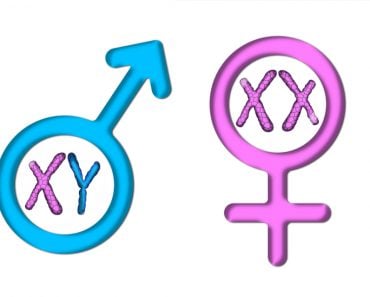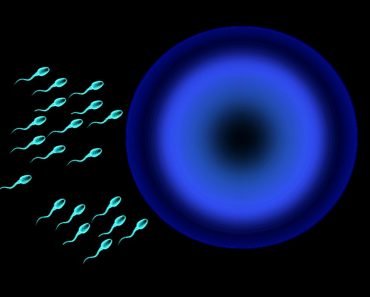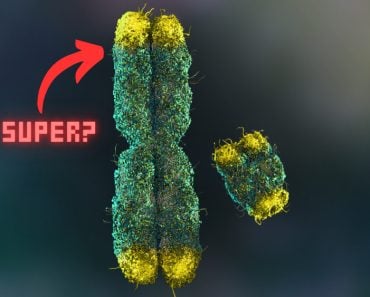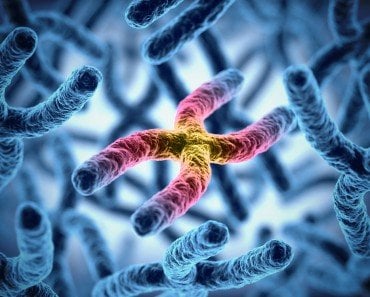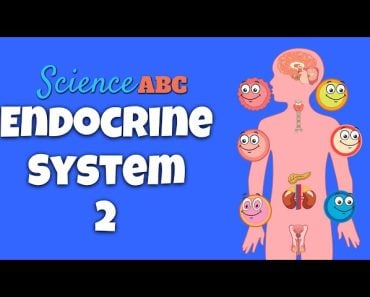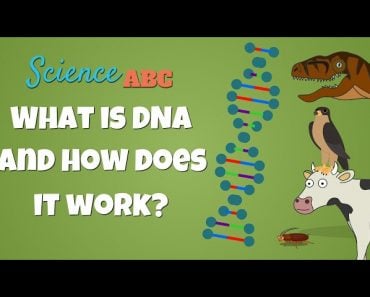Table of Contents (click to expand)
The X chromosome is necessary for the survival of a fetus because it carries genes that are essential for various functions, such as the formation of muscle and the immune system.
After hours of being in labor, a woman finally gives birth to a tiny, mewling baby, and then comes the inevitable joy of discovering whether it is a baby boy or girl. While some parents have their preferences, others consider babies a gift of God and are perfectly happy with either gender. Celebrations then ensue and people rejoice as they celebrate the miracle of life.
However, let’s look at this whole thing on a microscopic level. Do males have any part of females in them? If yes, does that make them half-female? Specifically, why do males have one of the same chromosomes as females?
Recommended Video for you:
Sex Determination
Humans have 46 chromosomes, which exist in pairs. Therefore, we have 23 pairs of chromosomes. Of these, 22 are called autosomes, and one pair is called the sex chromosomes. Autosomes determine our characteristics, such as height, hair color, skin color, metabolic rate, etc. while the sex chromosomes determine the sex of the individual. There are 2 sex chromosomes – X and Y. Females have 22 autosomes and two X chromosomes, i.e., 22 + XX, while males have 22 autosomes and an X and Y chromosome each, i.e., 22 + XY.
This therefore proves that X is the female chromosome, and Y is the male chromosome. Why then, are men not YY? Does having an X chromosome make them only half men? Or would having YY make them super-men?
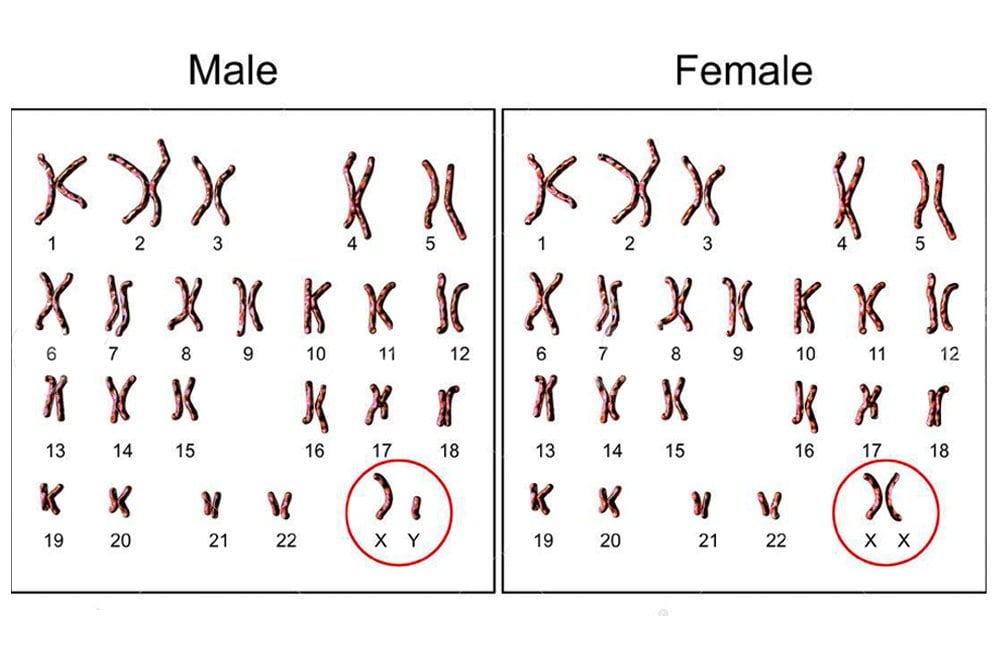
Why Isn’t YY Possible?
While they are called sex chromosomes, the X and Y chromosomes also carry information for purposes apart from sex determination. Let’s do a brief recap before we delve into these details. Chromosomes are the genetic material in our cells. Each chromosome has a large number of genes on it, which are the actual information-carrying structures.
While our sex chromosomes are responsible for determining our sexual nature, they also have genes for various other functions. These functions may or may not be related to our sexual nature and development. Now, here is where the tricky part begins. The X chromosome has about 800-900 genes, in contrast to the Y chromosome, which has a meager 60-75 genes. However unbelievable, that is the truth.
The X chromosome has certain genes on it that are imperative for the survival of the fetus. Therefore, for any individual to survive, it requires at least one X chromosome. If an organism is YY, it won’t be a super-man, it would just be super-dead!

What Genes Are Missing On The Y Chromosome?
There are a total of 20,000 genes in humans. The X chromosome has approximately 5% of the DNA required for a person to survive, while the Y chromosome has less than 2%. Obviously, without an X chromosome, the individual would perish, but are the genes on the X chromosome even that important?
The X chromosome has a gene known as DMD, which is responsible for the formation of Dystrophin, a protein. Dystrophin is required for the formation of the skeletal and cardiac muscles. It strengthens the muscles and protects them from damage. It is also present in small amounts in the nerves of brain cells.
Another critical gene is the CYBB gene. This codes for the formation of a protein known as cytochrome b-245. This protein is required for the formation of an enzyme called NADPH oxidase, which is an essential part of the immune system.
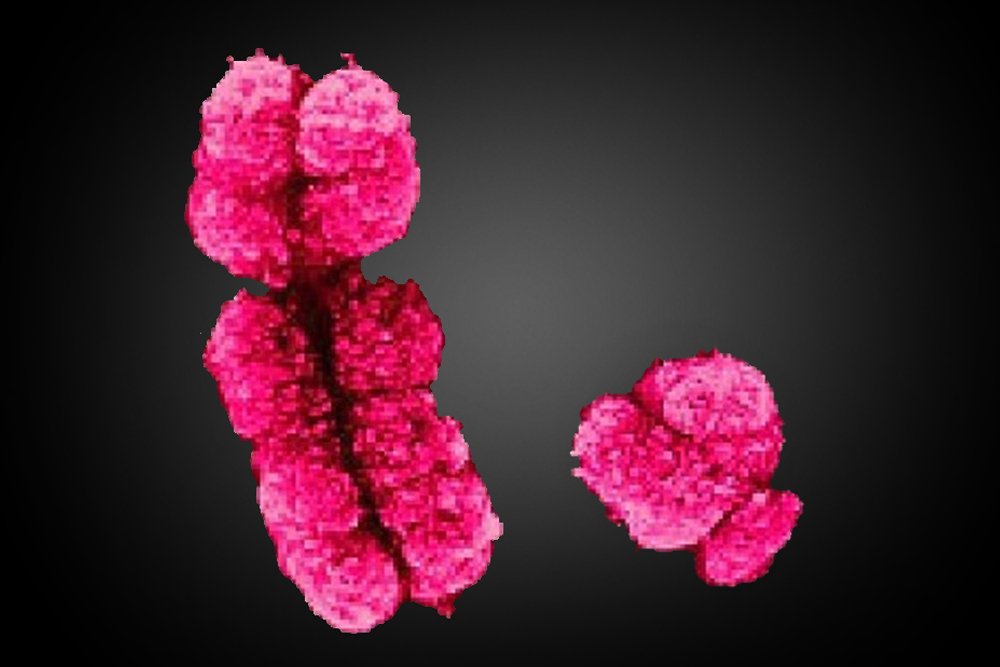
These are just 2 among a number of genes that are missing from the Y chromosome. As is clearly evident, without these genes, it is impossible for a human to survive, so every individual requires at least one X chromosome. Although the Y chromosome lacks these genes now, there was a time when it did have the required genes for the normal survival of a human. Unfortunately, over the course of 300 million years of evolution, it lost almost 95% of its genes. However, that is a topic for another time!
References (click to expand)
- Can a Zygote Survive Without an X Sex Chromosome?. The Seattle Post-Intelligencer
- Wilson Sayres, M. A., & Makova, K. D. (2012, December 4). Gene Survival and Death on the Human Y Chromosome. Molecular Biology and Evolution. Oxford University Press (OUP).
- CYBB gene: MedlinePlus Genetics. MedlinePlus
- DMD gene: MedlinePlus Genetics. MedlinePlus

